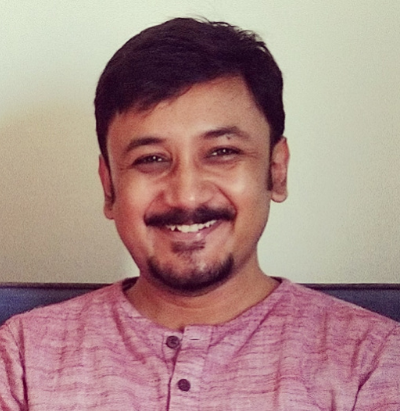Why did Japanese society give up the gun after the initial spread and success of the technology? How did the Russian state win the frontier wars against nomadic warriors and then expand into Central Asia and Siberia? Why did Europe end up conquering and colonising various parts of the modern world and not the other way around? These are some of the questions the present course grapples with. It is a seminar course in the global history of early modern warfare. It is geared towards intensive collective reading of and discussion on important monographs about the relationship between warfare and empire-building in the early modern world (c. 1500 – c. 1800). We will closely engage with ten different books in the thirteen weeks of this course. We will begin with an overview of the various early modern empires and by discussing some of the framing issues of global military history for this period. Throughout the course, we will focus on military tactics, strategy, technology, logistics, military culture and explore their connections with state-formation and empire-building in different parts of the world. As the course will progress, we will read books on Europe, colonial America, Russia, Africa, the Ottoman Empire, the Mughal Empire, the Ming and Qing Empires of China, Southeast Asia, and the Tokugawa shogunate of Japan.





